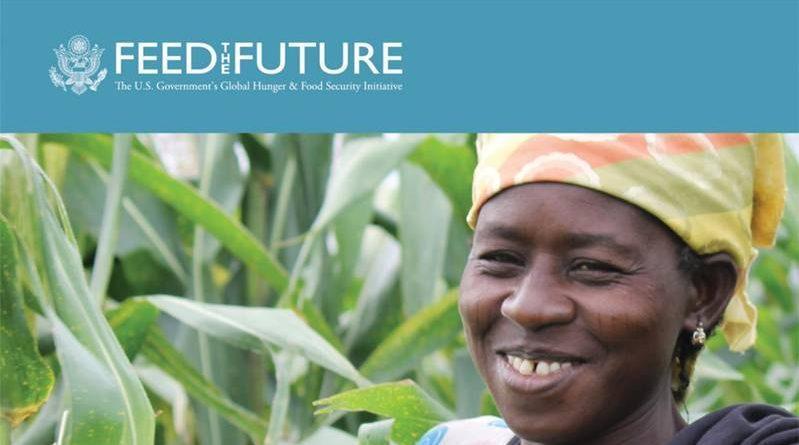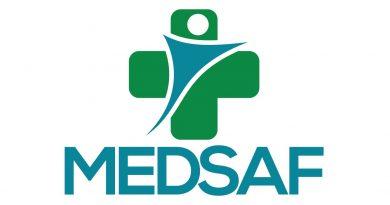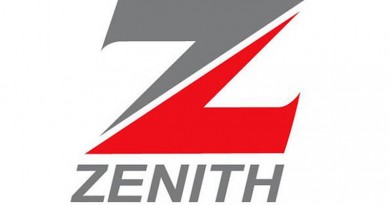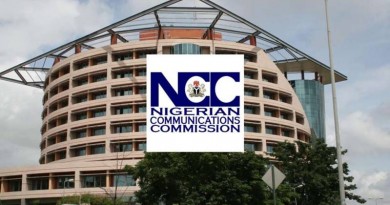USAID funded Feed the Future Activity Signs Agreements with 14 Organizations to Facilitate Economic Recovery in Northeast Nigeria
The USAID-funded Feed the Future Nigeria Rural Resilience activity, through Mercy Corps Nigeria, has signed partnership agreements with 14 private sector and civil society organizations to facilitate the recovery of the Northeast Nigeria business environment. The initiative aims to improve the resilience and livelihood of smallholder farmers and microenterprise owners.
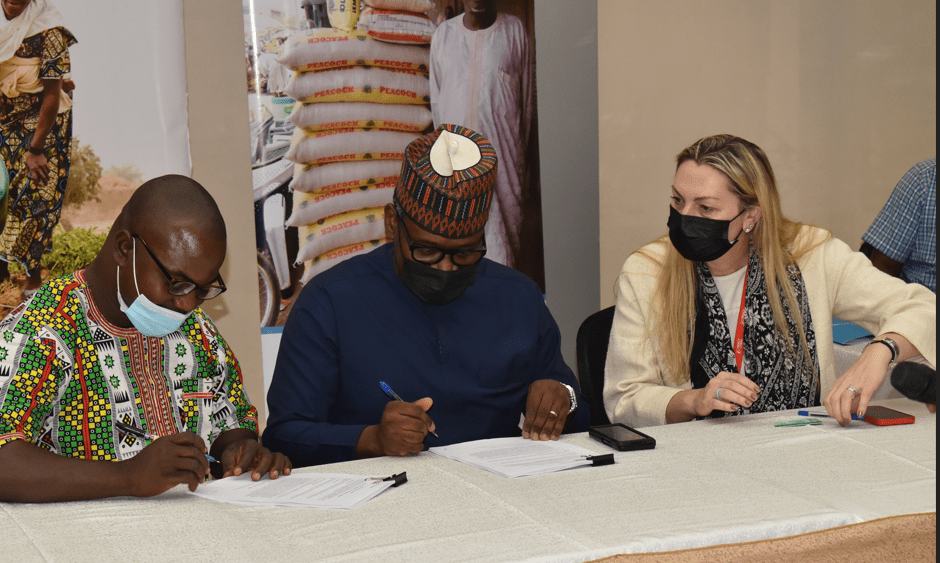
Market structures in parts of the Northeast have been negatively impacted by the ongoing conflict and insecurity in the region. This has resulted in significant loss of lives and property, destruction of critical infrastructure, displacement, and the destabilization of economic, food, and animal production. In addition to the market crisis, the COVID-19 pandemic has exacerbated the inaccessibility of the poor and rural dwellers, particularly women, youth, persons living with disabilities, and internally displaced persons to market systems.
To address these challenges, the Rural Resilience Activity is investing an additional $2.5 million, through the Notice of Funding Opportunities (NOFO), to support 14 new private sector and civil society partners to implement innovative ideas to reduce hunger and malnutrition, and increase the income and resilience of smallholder farmers, microenterprise owners and producer organizations in the Northeast. This additional funding will help to create market opportunities for the participants by removing bottlenecks that impede inclusive market participation due to the shortage of market actors.
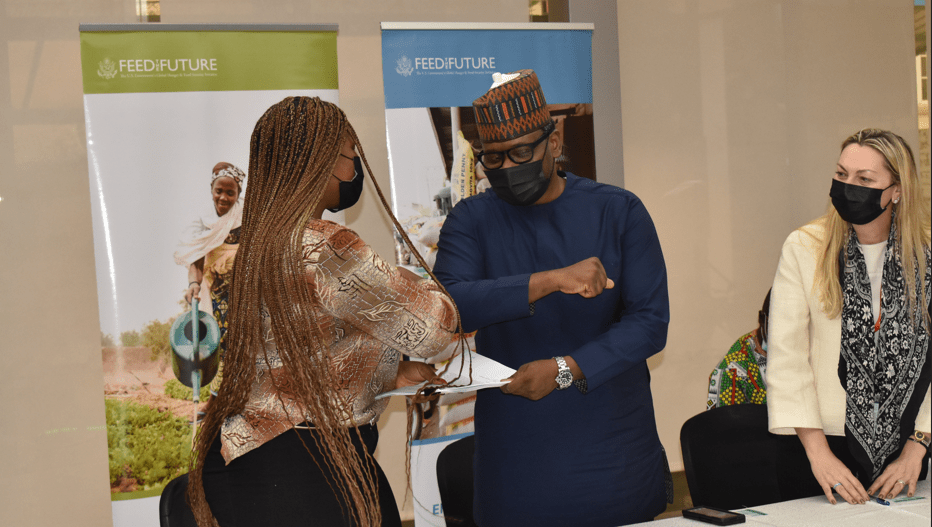
According to the Country Director, Mercy Corps Nigeria, Ndubisi Anyanwu, “We value partnerships and believe they offer the best opportunity to deliver quality programs and sustain them in the long run. These partnerships will increase incomes, promote sustainable change in market systems, and enhance the resilience of smallholder farmers and microenterprise owners in conflict-affected areas of Northeast Nigeria.”
According to the Chief of Party, Feed the Future Nigeria Rural Resilience Activity, Margarita Aswani, “The new partners that have emerged through the NOFO are representative of the locations where the Activity works. We are incredibly proud to be supporting local organizations that are investing in the region”.
The new partners are Zenith of the Girl Child and Women Initiative Support (ZEGCAWIS), Smiling Hearts Initiatives International, Biu Women Castro & Jetropha Farmers, Livestock 247 Services, Diamond Development Initiatives (DDI), Angala Fintech, Riby Market Place Limited, Solar Sisters Nigeria, Synergos, Standard Microfinance Bank Limited, Interra Networks Limited, Pula Advisor Nigeria Limited, Intrio Synergy Limited, and Jewel Entrepreneurship and Business School (JEBS).
Partners such as DDI, Interra and Synergos will facilitate improved access to agricultural inputs (especially quality certified seeds) for farmers, provide linkages with processors, and strengthen the capacity of weak producer organizations. JEBS and ZEGCAWIS will contribute to poverty reduction among participants, especially women and youth, through training on soft skills, financial literacy, and business management.
Through the partnership with Riby, Standard Microfinance Bank and Angala Fintech, the Activity will facilitate access to financial and advisory services and literacy for at least 20,000 farmers and Micro, Small and Medium Enterprises (MSMEs), as well as 1,000 women and youth groups in rural communities. Biu Women Castro and Solar Sisters Nigeria will create business opportunities for youth and women and build their resilience and income generation ability on climate-smart enterprises. Biu Women will specialize in charcoal briquette production, while Solar Sisters will support 300 women to kick-start and grow a clean energy business.
The partnership with Intrio Synergy Limited will specifically target the youth to increase their economic productivity through Agripreneurship development and capacity building activities. In addition, Livestock247, Nigeria’s foremost online Livestock platform, will implement sustainable and impactful activities around Livestock interventions.
The partnership with NOFO partners will complement existing partnerships with 11 private sector organizations, under the Enterprise Investment Fund (EIF), which supports small, medium, and large-scale enterprises investing in the Activity’s targeted areas in Borno, Adamawa, Yobe, and Gombe states.
The Rural Resilience Activity EIF fund leverages local and foreign capital investments in a range of market development activities to improve market linkages, generate employment, and increase financial inclusion with the goal of increasing incomes and enhancing resilience of smallholder farmers and microenterprises.
About the Rural Resilience Activity
The Feed the Future Nigeria Rural Resilience Activity is a five- year, USAID-funded program, which seeks to facilitate economic recovery and growth in vulnerable, conflict affected areas by promoting systemic change in market systems. The Activity is part of the U.S. Government’s global hunger and food security initiative aimed at giving families and communities in some of the world’s poorest countries the freedom and opportunity to lift themselves out of food insecurity and malnutrition.
The Activity also empowers vulnerable households, communities, and systems to cope with current shocks and stresses, and to be prepared to withstand future ones. The Activity is implemented by Mercy Corps, with support from the International Fertilizer Development Center (IFDC) and Save the Children (SCI), primarily in the Northeast states of Adamawa, Borno, Gombe, and Yobe.
Through the COVID-19 Mitigation Response Program, the Activity’s operational areas also include Benue, Kebbi, Niger, and Ebonyi states, as well as the Federal Capital Territory. The value chains supported by the Activity include maize, cowpea, groundnuts, rice production, and small ruminants. Using market-led approaches, the Activity will move over 540,000 individuals out of chronic vulnerability and poverty

